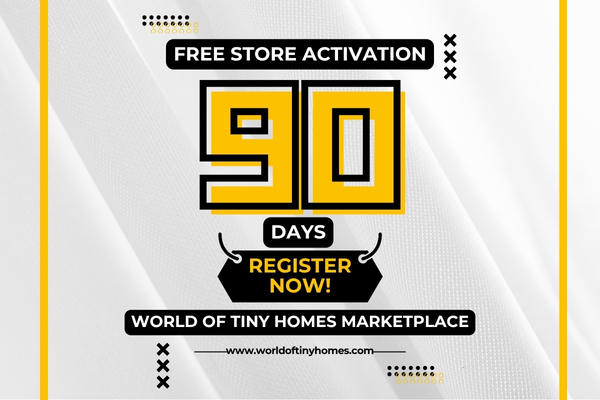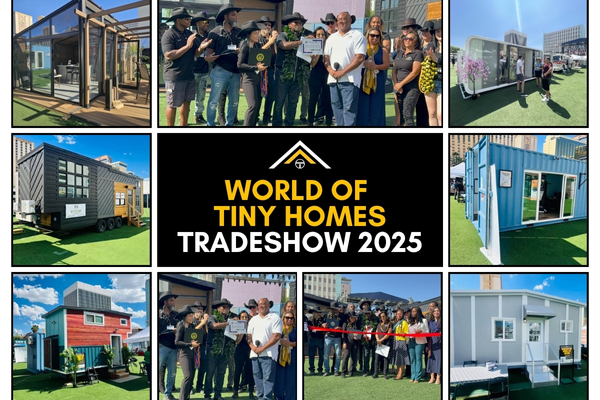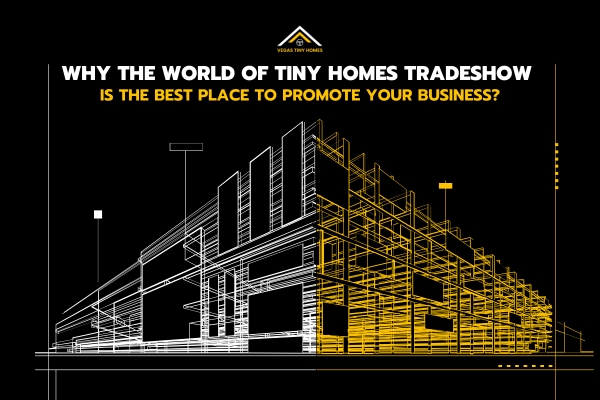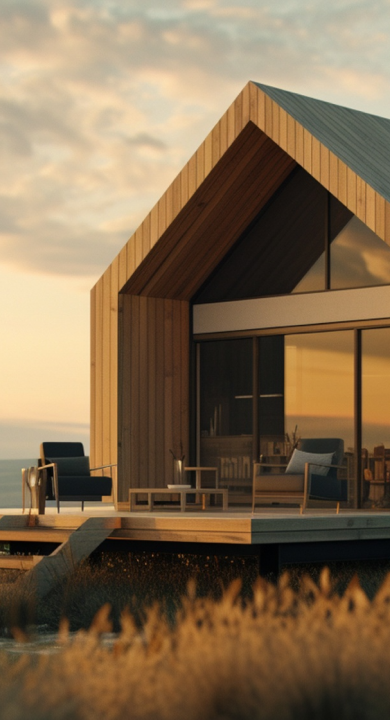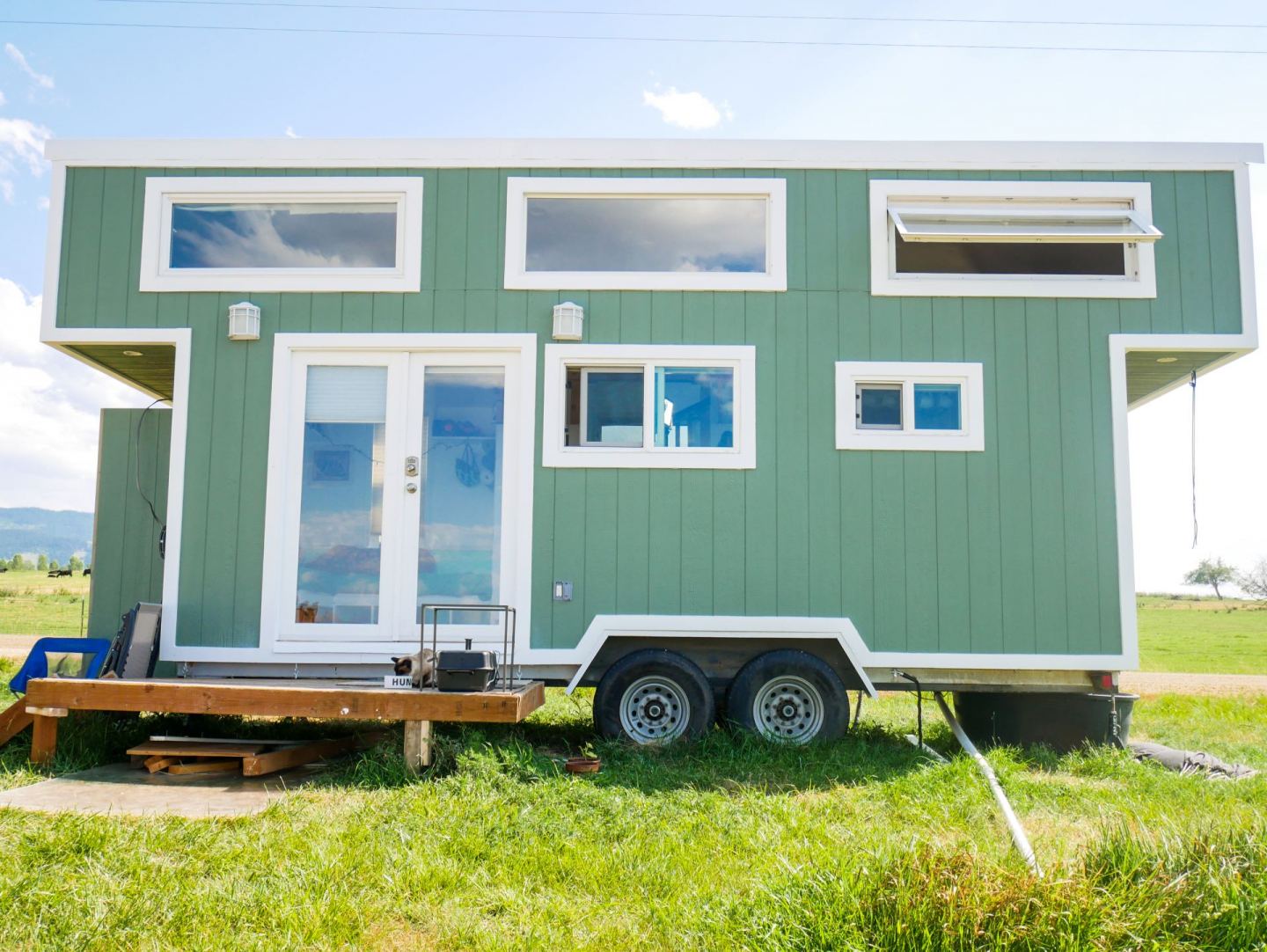
Pros of Buying a Used Tiny House
- Proven to Work. One advantage to buying a used Tiny Home is that you can speak to the previous owner and ask questions. How did the house travel? Is there anything you’d do differently? Why did you choose this layout? Do the appliances work to your expectations? What challenges have you faced living in it? Has it seen cold weather? Hot or humid climates? These answers will give you so much valuable information!
- Accessories and Upgrades included. You may not realize this, but a Tiny House does require a certain amount of accessories. For example: extension cords & adaptors, tanks & hoses, dehumidifier, small space kitchen gadgets, solar panels/ generators, towing gear (including spare tires, levelers, hitch locks, etc), and more! If you buy used, there is a good chance you will get these accessories (and maybe some cool upgrades) included in the purchase price.
- Parking is sometimes an add-on w/ your purchase. I’ve seen multiple used Tiny Houses for sale WITH a parking spot included! This is a huge advantage because, as we all know, one of the biggest challenges with Tiny House living is finding parking. So, if are searching online in a city or neighborhood that you already know you want to live in, ask the owner/seller if the parking spot could be available as well.
- Affordability. Obviously anything that is used it going to be more affordable than buying something brand new. Tiny Houses are no exception.

“Buying a used Tiny House is quite a bit less expensive than buying something new or prefabbed.”
– Adelle, Tiny House owner, paid $40k for her used Tiny House.
Cons of Buying a Used Tiny House
- Not Personalized. The previous owner, who built or purchased the Tiny House for themselves, would have made all of the design and layout choices based on their personal preferences. So, you better like their choices! That being said, Adelle was able to decorate and personalize her used Tiny House enough that it fits her needs.
- Depreciation. Just like with regular houses, car, RVs, and pretty much anything… the more “used” a Tiny Home is, with more and more previous owners, the more it depreciates in value. *Note: The Tiny House Movement is still too young to accurately express the exact value of each home. But one thing is for sure, you CANNOT value a Tiny House by price per square foot. To learn why, check out my Tiny House cost breakdown.
- May NOT be certified. RVIA certification for Tiny Houses is only available for certain companies, and it has only been around for a few years. If you are purchasing a used Tiny House built by a carpenter or small business, there is a good chance it was never certified. Why does this matter? Well, the RVIA certification will allow you to park ANYWHERE an RV can park (in the USA at least). It will also make getting loan and Tiny House insurance much easier. Plus, you know that it was built to meet RV safety factors. Without it, you will be more limited on your options for parking, financing, and insurance.

“I ran into quite a few financial barriers (when applying for a loan),” Adelle explained. “Luckily I worked with some great people, who were willing to do some crazy things.”
Adelle struggled to find a loan when purchasing her used Tiny Home because it wasn’t certified by the previous owner. And, before you ask, it’s pretty much impossible to get a used Tiny House RVIA certified post-build. In my experience, it’s not worth trying to do. So, if you want that certification, be sure to find a house that is already certified (but be aware, you will pay more for a certified house).







